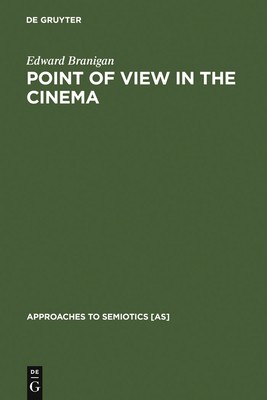
- We will send in 10–14 business days.
- Author: Edward Branigan
- Publisher: Walter de Gruyter
- Year: 2010
- Pages: 262
- ISBN-10: 9027930791
- ISBN-13: 9789027930798
- Format: 15.6 x 23.4 x 1.8 cm, hardcover
- Language: English
- SAVE -10% with code: EXTRA
Reviews
Description
Branigan effectively criticizes the communication model of narration, a task long overdue in Anglo-American circles. The book brings out the extent to which mainstream mimetic theories have relied upon the elastic notion of an invisible, idealized observer, a convenient spook whom critics can summon up whenever they desire to naturalize style. The book also makes distinctions among types of subjectivity; after this, we will have much more precise ways of tracing the fluctuations among a character's vision, dreams, wishes, and so forth. Branigan also explains the necessity of distinguishing levels of narration.
EXTRA 10 % discount with code: EXTRA
The promotion ends in 19d.16:15:06
The discount code is valid when purchasing from 10 €. Discounts do not stack.
- Author: Edward Branigan
- Publisher: Walter de Gruyter
- Year: 2010
- Pages: 262
- ISBN-10: 9027930791
- ISBN-13: 9789027930798
- Format: 15.6 x 23.4 x 1.8 cm, hardcover
- Language: English English
Branigan effectively criticizes the communication model of narration, a task long overdue in Anglo-American circles. The book brings out the extent to which mainstream mimetic theories have relied upon the elastic notion of an invisible, idealized observer, a convenient spook whom critics can summon up whenever they desire to naturalize style. The book also makes distinctions among types of subjectivity; after this, we will have much more precise ways of tracing the fluctuations among a character's vision, dreams, wishes, and so forth. Branigan also explains the necessity of distinguishing levels of narration.


Reviews